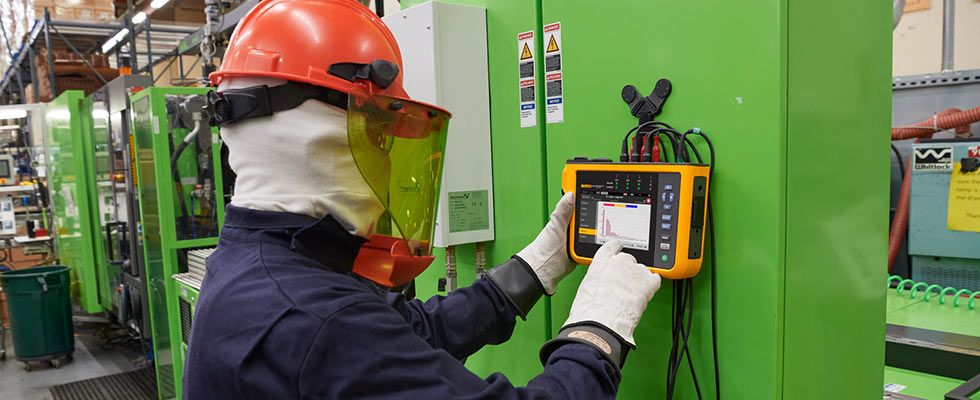
EVERETT, Wash. — Calibration services—in-house as well as calibration service providers—are being driven mostly by the demands of the electrical segment where there are increasingly more stringent requirements on quality assurance. A new survey by Fluke Calibration, a specialist in precision calibration instrumentation and software, identifies the challenges calibration professionals are facing today, how they are coping with them, and what they think the future challenges will be.
The survey of calibration professionals—the majority of whom conduct more than 750 calibrations annually—revealed that 54 percent are getting by with fewer resources while their workloads have increased. The majority say they are trying to meet the demand for more—and more complex—calibrations with fewer skilled technicians. In addition, 49 percent say they will either be retiring in the next five years or changing professions. The majority of respondents (52 percent) said better performance was one of the most challenging aspects of calibration work today, followed by the need to calibrate faster (48 percent) and using outdated equipment (47 percent).
“The survey’s findings are consistent with what we’ve been hearing from our customers—these are challenging times for calibration professionals,” said Bill Gaviria, product program manager, electrical/RF for Fluke Calibration. “The industry is undergoing a big shift due to increased use of automation and new devices, among other things, and calibration professionals are experiencing dramatically increasing workloads. ... Fluke is committed to acutely understanding its customers’ needs and developing problem-solving tools and technology to meet them.”
The survey also revealed that many calibration labs and service providers are investing more in training to bridge the skills gap and relying more on automation software to speed calibrations and ensure consistent processes.

